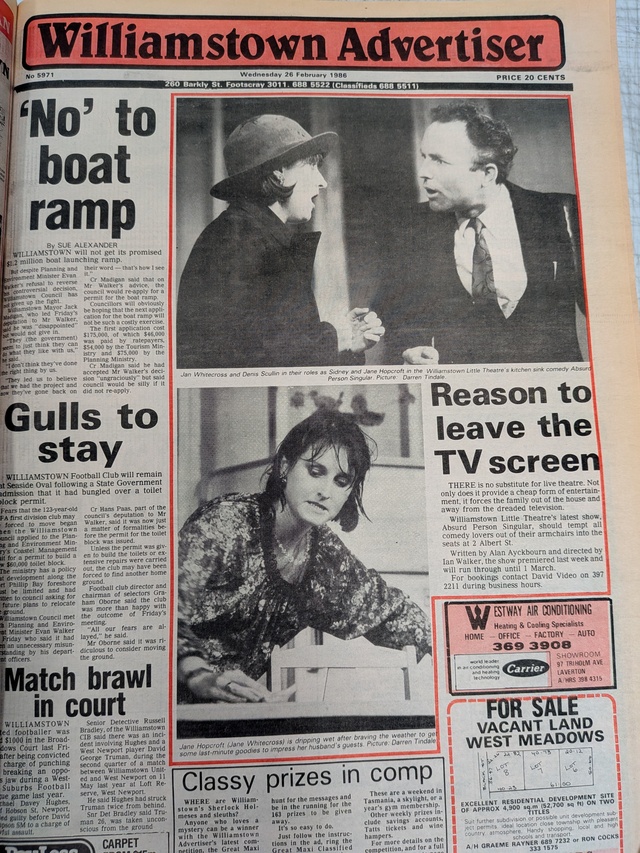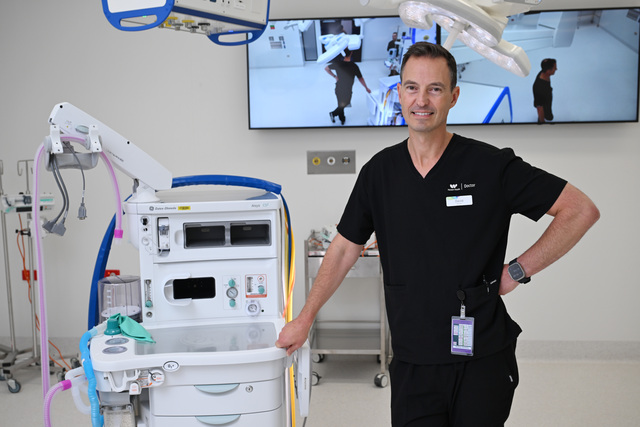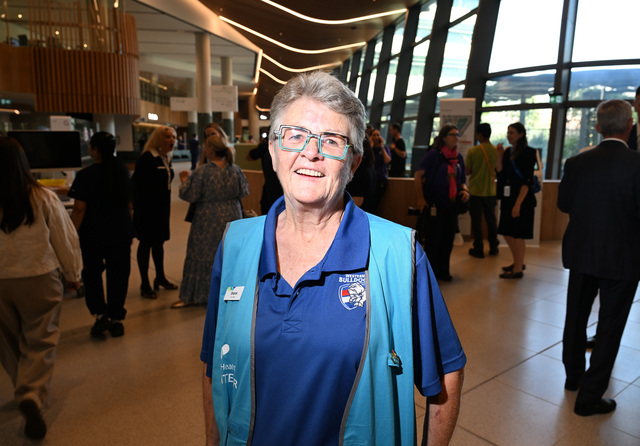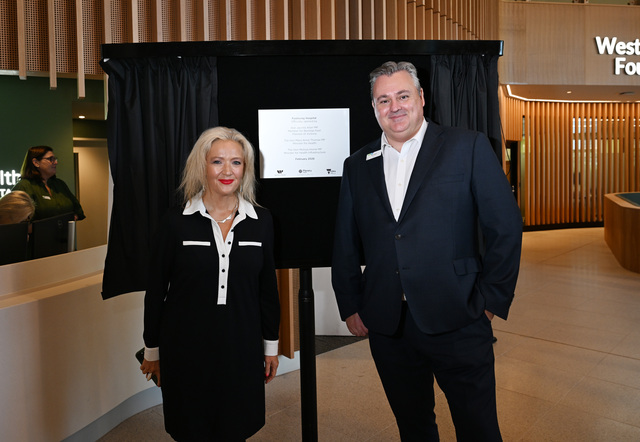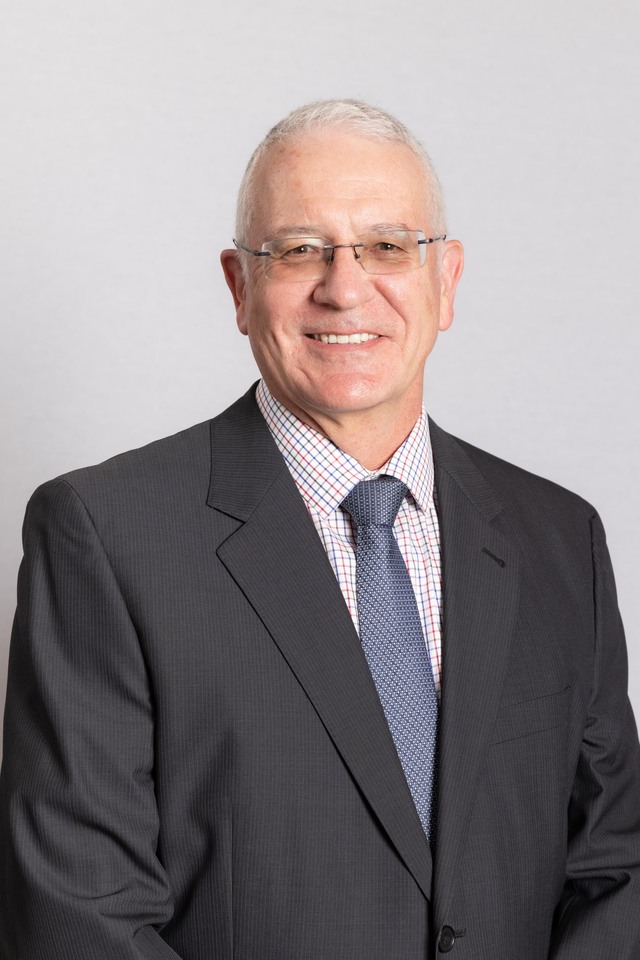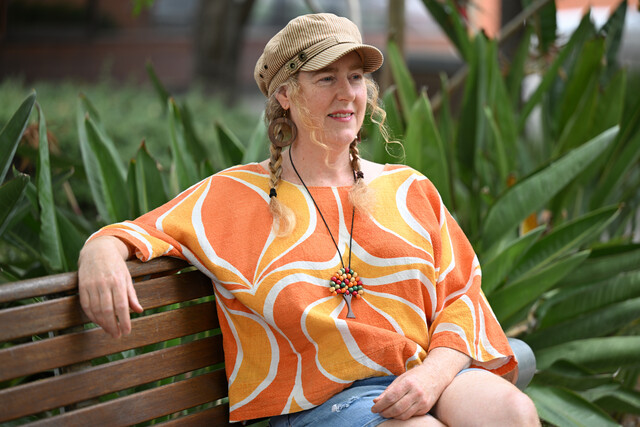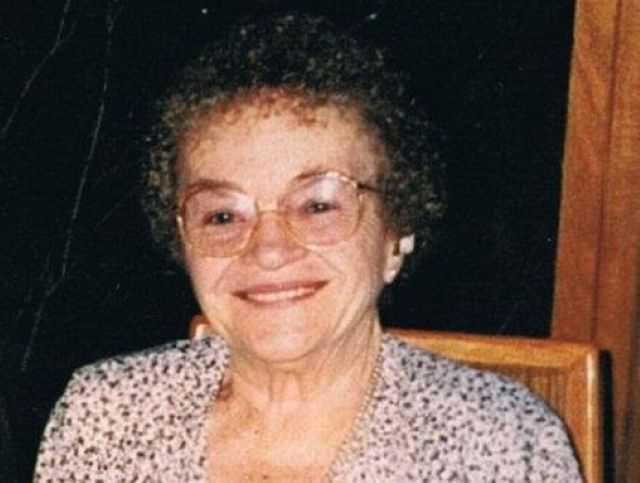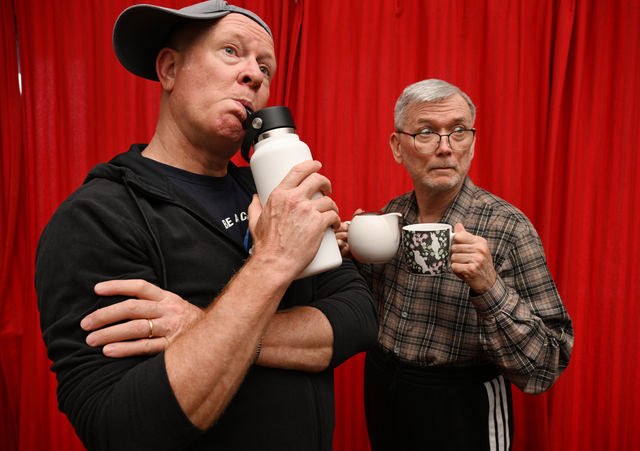Hobsons Bay will lose more than 6000 jobs in three years time as a result of Australia’s auto industry closures, a University of Adelaide study has found.
The study by the Australian Workplace Innovation and Social Research Centre (WISeR) and National Institute of Economic and Industry Research (NIEIR) analyses direct and flow-on job losses resulting from the closure of Toyota, Holden and Ford.
It predicts 200,000 job losses nationwide, about half of those in Victoria.
Hobsons Bay will be the state’s fourth hardest hit municipality with $840 million lost from the local economy along with 6000 jobs by the end of 2017, the study finds.
Worst off will be the City of Melbourne with nearly 14,900 jobs gone, followed by Hume (8815) and Greater Dandenong (7556).
The study found that job losses would be worse if the Australian dollar fell to 65 cents of the American dollar.
About 2500 workers from Toyota’s Altona plant last week voted on a redundancy package that would give them four weeks’ pay for each year of service, capped at 22.5 years.
About 15 per cent of workers are aged over 55 and 20 per cent under 33, with the majority in between.
About 10 per cent of the plant’s workforce lives in Hobsons Bay.
The study found that more than 2350 Hobsons Bay residents would lose their jobs in the vehicle manufacturing sector four years after the closure of car manufacturers.
Hobsons Bay mayor Sandra Wilson said more than 930 local jobs went at the end of March, with the city braced for the pending 6000 job losses.
‘‘Across the western region, more than 14,000 jobs by ‘place of work’ will be lost over the next four years or some 18,820 based on where people live,” she said.
She said the council wanted “much greater commitment” from state and federal governments to support workers, businesses and the local economy.
“We understand the Victorian government is finalising its $30 million automotive workers support package. The council hopes that it includes local support for workers transitioning out of the auto industry.”
The state funding is part of a $155 million national package of support, including contributions from the federal government, Holden, Toyota and Victorian and South Australian governments.
Toyota spokeswoman Beck Angel would not comment on the redundancies but said the company was focussed on supporting workers affected by the company’s decision to stop building cars in Australia in 2017.
“We have established a dedicated team that will organise job centres and relevant training so that employees can have more confidence about their future job prospects,” she said.






